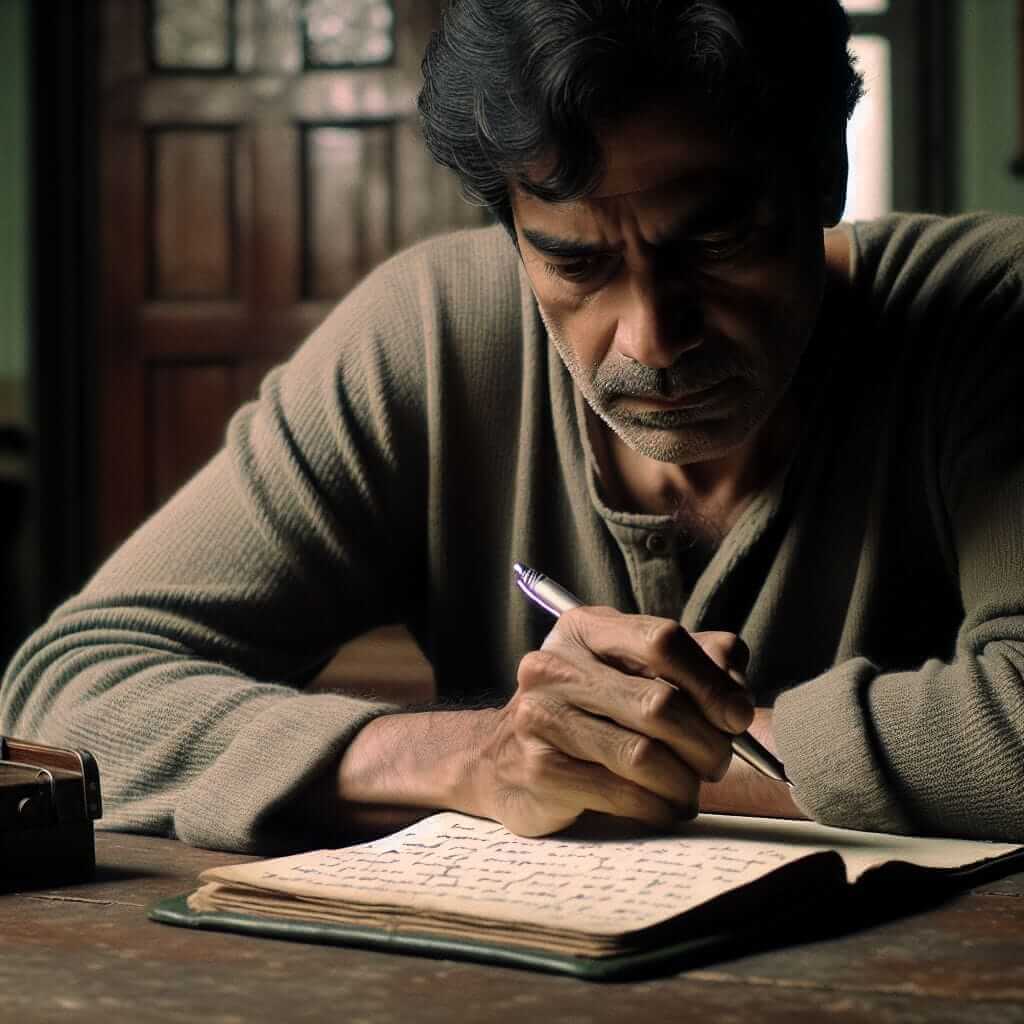Are you preparing for the IELTS Speaking test and looking for ways to ace it, especially when you encounter the prompt “Describe a situation when you made a mistake”? You’re in the right place! In this guide, we’ll break down the IELTS Speaking test, provide sample answers, and give insights on how to achieve a high score.
Understanding the IELTS Speaking Test
The IELTS Speaking test is divided into three parts:
- Part 1: Introduction and Interview – The examiner will ask you general questions about yourself and a range of familiar topics.
- Part 2: Long Turn – You will be given a task card (cue card) and will have to speak about a particular topic for about 2 minutes.
- Part 3: Two-way Discussion – This part extends the topic from Part 2 and involves a more in-depth discussion.
Evaluating Criteria
Examiners grade you based on four criteria:
- Fluency and coherence
- Lexical resource
- Grammatical range and accuracy
- Pronunciation
Part 1: Introduction and Interview
Common Examiner Questions
Here are some typical questions:
- Can you tell me about yourself?
- Do you work or study?
- Have you ever made a mistake at work or school?
- How do you usually handle mistakes?
Sample Answer:
Question: Have you ever made a mistake at work or school?
Answer: Yes, I made a significant mistake during my internship. I misread an important email and missed a deadline for a project report. I felt awful about it, but I immediately owned up to my mistake and worked overtime to complete the report. My supervisor appreciated my honesty and effort, and I learned the importance of paying close attention to details.
Part 2: Long Turn
Cue Card:
Describe a situation when you made a mistake.
You should say:
- What the mistake was
- How you made the mistake
- How you dealt with the mistake
- And explain what you learned from this mistake
Sample Answer:
Mistakes are an inevitable part of life, and one particular instance stands out to me. Last year, during a major team project in my university, I made a critical mistake. The project involved data analysis, and I was responsible for compiling the final report.
The mistake happened because I miscalculated some data inputs, which led to incorrect results in our final analysis. The project was crucial as it accounted for a significant part of our course grade.
Upon discovering the error, my immediate reaction was one of panic and embarrassment. However, I quickly informed my team about the mistake. We decided to recheck the entire dataset, even though it meant working through the night.
Fortunately, we managed to correct the errors and submit a revised report just in time. The experience taught me the importance of double-checking work and the value of team cooperation in solving problems. Additionally, I learned to be more meticulous and careful in my work to avoid such blunders in the future.
Part 3: Two-way Discussion
Examiner Questions and Sample Answers
Examiner: Why do you think people make mistakes?
Candidate: Mistakes often occur due to a lack of attention or insufficient knowledge about a particular task. Sometimes, stress and pressure can also lead to errors as people may decide too hastily without thinking things through.
Examiner: Do you think making mistakes can positively affect our future decisions?
Candidate: Absolutely. Making mistakes can be great learning opportunities. They can teach us valuable lessons that shape our future decisions. For instance, after making a calculation error, one might become more diligent in checking their work, thus reducing the chances of repeating the same mistake.
Vocabulary and Structures for High Scores
Using advanced vocabulary and complex structures can elevate your score. Here are some key words and phrases to incorporate:
-
Miscalculate – (verb) /ˌmɪsˈkælkjʊleɪt/ – to calculate incorrectly.
- I miscalculated the data inputs, leading to incorrect results.
-
Own up to – (phrasal verb) /oʊn ʌp tu/ – to admit to doing something wrong.
- I immediately owned up to my mistake and took responsibility.
-
Meticulous – (adjective) /məˈtɪkjələs/ – showing great attention to detail.
- The experience made me more meticulous in my work.
-
Blunder – (noun) /ˈblʌndər/ – a serious mistake typically caused by ignorance or confusion.
- It was a significant blunder, but I learned a valuable lesson.
Practice and Improvement Tips
- Record yourself: Practicing speaking and recording yourself can help you notice areas for improvement.
- Seek feedback: Don’t hesitate to get feedback from teachers or native speakers.
- Expand vocabulary: Consistently learning new words and phrases can enhance your lexical resource.
- Stay calm: Confidence plays a significant role. Stay calm and organized in your responses.
For further in-depth practice, check out other related speaking topics like Describe a time when you had to be very responsible and Describe a person who is very honest.

By following these strategies and continuously practicing, you’ll be well-equipped to impress your IELTS examiner and achieve a high score in the Speaking test. Good luck!